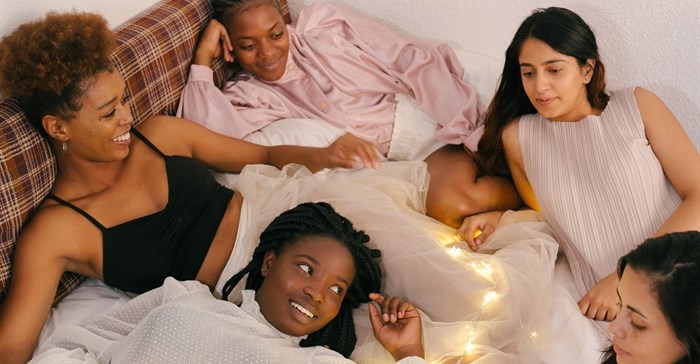
Top stories




Energy & Mining#MiningIndaba: How GenAI is reinventing mine maintenance in South Africa
Maroefah Smith 43 minutes


More news














They are the generation that is using their social capital, influence and spending power to make a statement about where and with whom they stand. Everything is political. This trend is now also influencing where they work, what they put into and on their bodies, places they party at or shop, the type of relationships they have and the people they associate with.
With the use of concepts like ‘toxic’, ‘safe spaces’ and ‘self-care’ reaching oversaturation in 2019, thus they’ve become important conversations in a society that struggling with surging rates of depression, anxiety, suicide and mental health issues.
This movement is giving power back to the people and communities who have historically lived in the margins because of their nationality, sexuality and gender identities, they now get to openly live their truths outside the confines of homophobic, xenophobic and racist family and employer dynamics. They are defying and dismantling traditional family conventions, unbound by blood in order to protect their mental health.
The movement has empowered this generation to finally choose themselves by being intentional about the kinds of energies and relationships they seek out, despite having been socialised to believe that ‘family was family’.
It isn’t just about the power to self-express; it’s about owning your identity at every given point. Not having to ‘identity switch’ to please people who don’t accept them for who and what they are. They are choosing to throw pleasantries out of the door, and opting out of relationships that force them to accommodate bigotry and violence.
We saw this come to life over the festive season through platforms/spaces like QueerXmas, where young people were choosing to stay in the city and celebrate with their friends instead of going back home to avoid uncomfortable conversations about their lifestyles and identities. For them, family is built on trust, shared values, inclusion, acceptance and feelings of safety.
Hence problematic families are being cut out and cancelled in place of new communities of people who share their belief systems and empower them to live full lives. It’s the decade where people are choosing to adopt friends as surrogate families in search of safe spaces and healthy and supportive relationships.
It’s an important space for brands to also tap into because an inclusive language and dynamic representation matter to this generation. Brands need to reflect their evolution as consumers and creators of culture, they want to be seen as they are not as they used to be.
So, it's pivotal for brands to mirror this change in behaviour and relationship dynamics. We are already seeing brands like Burger King design personalised family meals through their #BKFamilyYourway promotion to Mercedes Benz’s Chosen Family campaign, Primedia’s 947 Huawei Joburg Day drive and others trying to speak to this.
Holiday means family time and fur kids are family too. Whether you adore kitties like Cath or you’re down with the doggos like Kegan, pick your meal and get an instant BK discount! RT a meal box, tag your unique family & use #BKFamilyYourWay to enter. Ts & Cs apply. pic.twitter.com/7pUV5E1SXL
— BURGER KING® South Africa (@BurgerKingZA) January 3, 2020
There is also a place for financial services and insurance brands to create products with an ecosystem that accommodates and services these changing notions of family. In the next few years, this movement will also affect things like black tax for those people who were historically expected to send money home to financially support their traditional families once they become financially independent.
If families are evolving, how will this affect those responsibilities? Hence for many young people who are still struggling to financially support themselves with their insufficient salaries, never mind other dependents, black tax has become a heavy burden put on them because of the failure of a system that still leaves many communities living below the poverty line.
